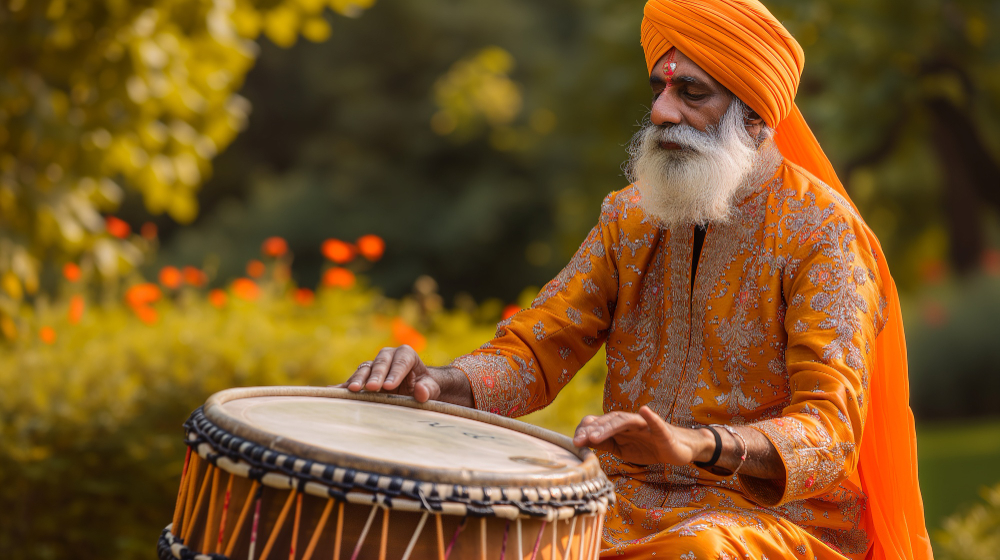
Power of Devotional Music
Music has always carried a unique ability to touch the human spirit. It can uplift moods, soothe worries, and bring people together. Among different genres, devotional music holds a very special place. The power of devotional music goes beyond entertainment. It creates a sense of peace, faith, and belonging that connects people at a deeper level.
In India, devotional songs are woven into daily life. Whether it’s bhajans in the morning, qawwalis in the evening, or kirtans during festivals, they guide emotions in a powerful way. People may not always understand the words completely, but the rhythm and sincerity strike a universal chord.
The Role of Devotional Music in Indian Culture
India has a long history of music rooted in spirituality. Temples, gurudwaras, dargahs, and churches across the country have always used music as a form of devotion. Chanting, hymns, and bhajans have been ways to express faith for centuries.
The power of devotional music lies in its ability to unify. At a temple aarti, people from different walks of life join in song. At a qawwali, listeners often experience a shared sense of surrender. Even in private prayer, music helps create a sacred space. This cultural connection keeps devotional music alive across generations.
Why Devotional Music Feels Healing
Many people describe feeling lighter after listening to devotional songs. That is no coincidence. Science has shown that music influences brain activity. It reduces stress, lowers heart rate, and even eases anxiety.
When devotional music is involved, the effect deepens. Singing or listening to such songs often involves repetition, which helps calm the mind. The words carry messages of hope and surrender. The melodies slow down racing thoughts and allow space for reflection.
One of my friends shared that her grandmother always played morning bhajans at home. She said the habit made mornings calmer, even during stressful times. This everyday example shows how the power of devotional music can support emotional health.
Devotional Music in Modern Times
Today, devotional music is not limited to temples or rituals. Digital platforms have given it a new stage. YouTube channels, music apps, and live streaming events have made devotional songs available to anyone, anytime.
Artists now blend traditional devotional music with modern instruments. Fusion bhajans, Sufi rock, and gospel-inspired tracks attract younger audiences. This evolution ensures the tradition continues, while also making it accessible to global listeners.
At BMT Agency, we’ve seen increasing demand for devotional singers at both personal and public events. Families invite singers for housewarming ceremonies, weddings, or spiritual gatherings. Communities host live performances during Navratri, Ganesh Chaturthi, and Christmas celebrations. These occasions prove that devotional music is not just a ritual but also a shared experience that people cherish.
The Emotional Connection with Devotional Music
The power of devotional music also comes from the emotions it stirs. A single aarti or hymn can make someone feel gratitude, hope, or surrender. For others, it revives childhood memories of festivals or family prayers.
During live devotional concerts, the atmosphere is often electric yet calming. Audiences sing together, clap in rhythm, and lose themselves in the sound. The shared participation builds a sense of community. Unlike other music concerts, devotional gatherings are less about performance and more about collective faith.
A client once told me how hiring a devotional singer for her father’s 60th birthday created an unforgettable moment. The songs brought tears of joy to many guests, especially the older ones. She said it felt like a blessing rather than entertainment. That’s the kind of impact devotional music creates.
The Spiritual Impact Beyond Religion
What makes devotional music powerful is that it is not limited to one religion. The same emotional pull exists in bhajans, qawwalis, gospel, kirtans, and shabads. The universal theme is connection—with the divine, with oneself, and with others.
Even people who don’t follow a particular faith often find peace in devotional songs. For them, the sound itself is enough to create a meditative state. Music bypasses language barriers and speaks directly to emotions. That universality is why devotional music continues to thrive across cultures.
The Role of Devotional Artists Today
Artists who specialize in devotional music carry forward a vital tradition. Their voice becomes a medium of devotion for listeners. For them, performing is not just about skill but also about intention. Many singers describe a feeling of surrender when they perform. That sincerity often transfers to the audience.
BMT Agency works with devotional singers who understand this responsibility. They prepare songs thoughtfully, respecting both tradition and the event’s needs. Whether for a small family gathering or a large festival stage, their goal is always to create an atmosphere of faith and positivity.
The Power of Devotional Music in Events
Adding devotional music to events changes the entire mood. A wedding begins with mantras or hymns, setting a sacred tone. A cultural program includes devotional performances to honor tradition. Festivals become more vibrant with live bhajans or qawwalis.
Event organizers often share how audiences respond more warmly when devotional music is included. It brings balance to the event, blending joy with a sense of gratitude. In many cases, devotional performances are remembered long after the event ends.
Why Devotional Music Matters Today
In today’s fast-paced world, stress is common, and people seek peace in different ways. Some turn to meditation, others to yoga, but many rediscover peace through music. The power of devotional music provides an easy yet deep way to pause and reconnect.
It is not only about rituals. It is about grounding oneself when life feels overwhelming. It is about remembering values of gratitude, humility, and compassion. In that sense, devotional songs are not just performances. They are emotional anchors.
Looking Ahead: The Future of Devotional Music
The future of devotional music looks strong. With global audiences discovering Indian spiritual traditions, the genre is reaching new heights. Collaborations between devotional singers and mainstream artists are already popular. Technology is also allowing immersive experiences like virtual temple concerts and online satsangs.
For young audiences, devotional music is becoming a way to stay connected with roots while living in a modern world. For older generations, it remains a familiar comfort. This balance ensures the tradition will continue to evolve without losing its essence.
Conclusion
The power of devotional music lies in its ability to heal, connect, and uplift. It bridges tradition and modernity, faith and community, personal emotion and collective experience. From temples to digital platforms, from family rituals to public concerts, it continues to inspire.
At BMT Agency, we believe devotional music is not just a performance. It is an experience that creates lasting memories. Whether for a private ceremony or a large festival, devotional singers bring more than just songs—they bring blessings in the form of music.
If you want your event to carry an atmosphere of peace, positivity, and connection, devotional music is a perfect choice. That is the timeless power of devotional music.
If you’ve been to a local gig lately in Mumbai or scrolled through your weekend plans on Instagram
Weddings in Mumbai are not just ceremonies. They are full celebrations where music, dance, and enter
Choosing between a band and a DJ for your event can be challenging. The right performer enhance



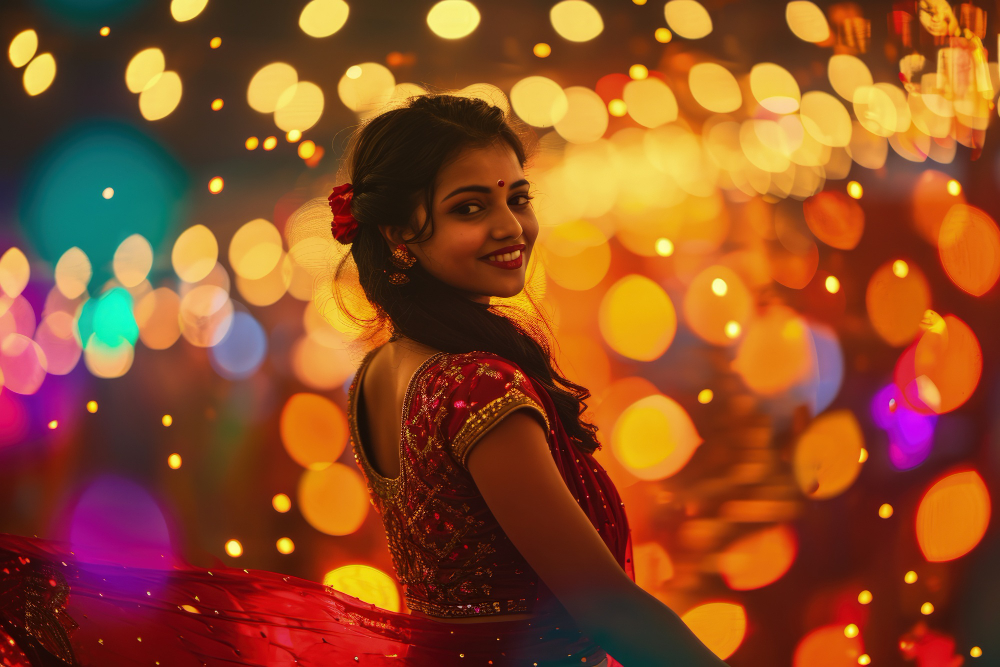

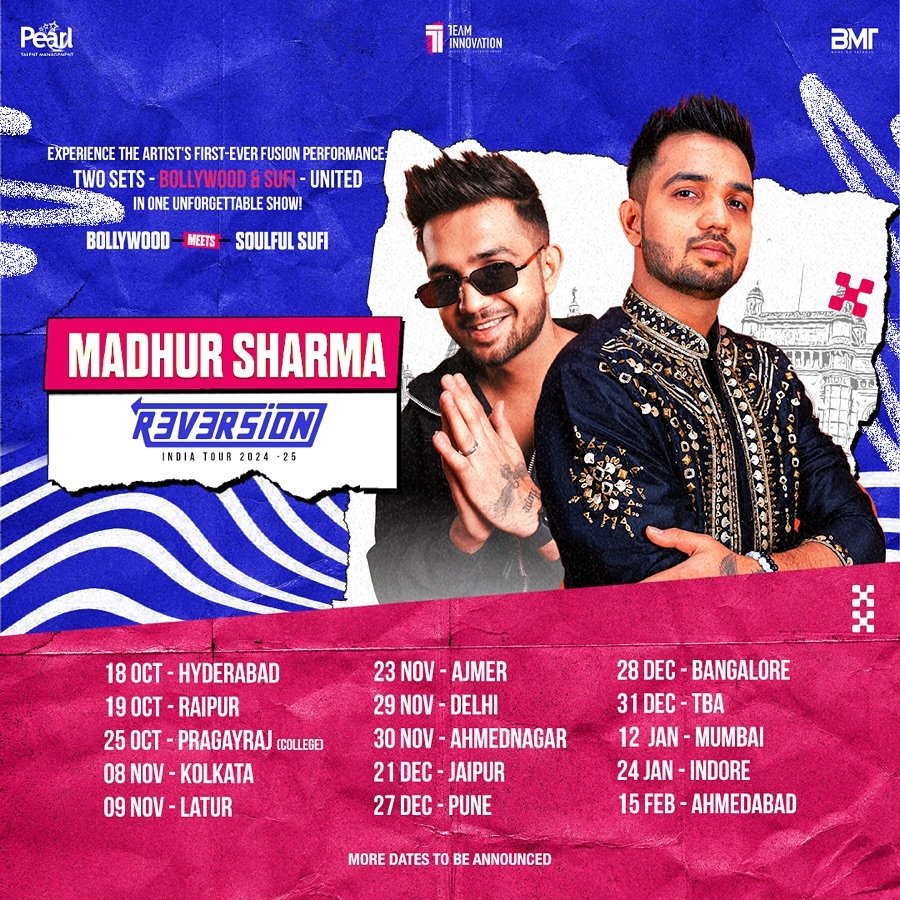
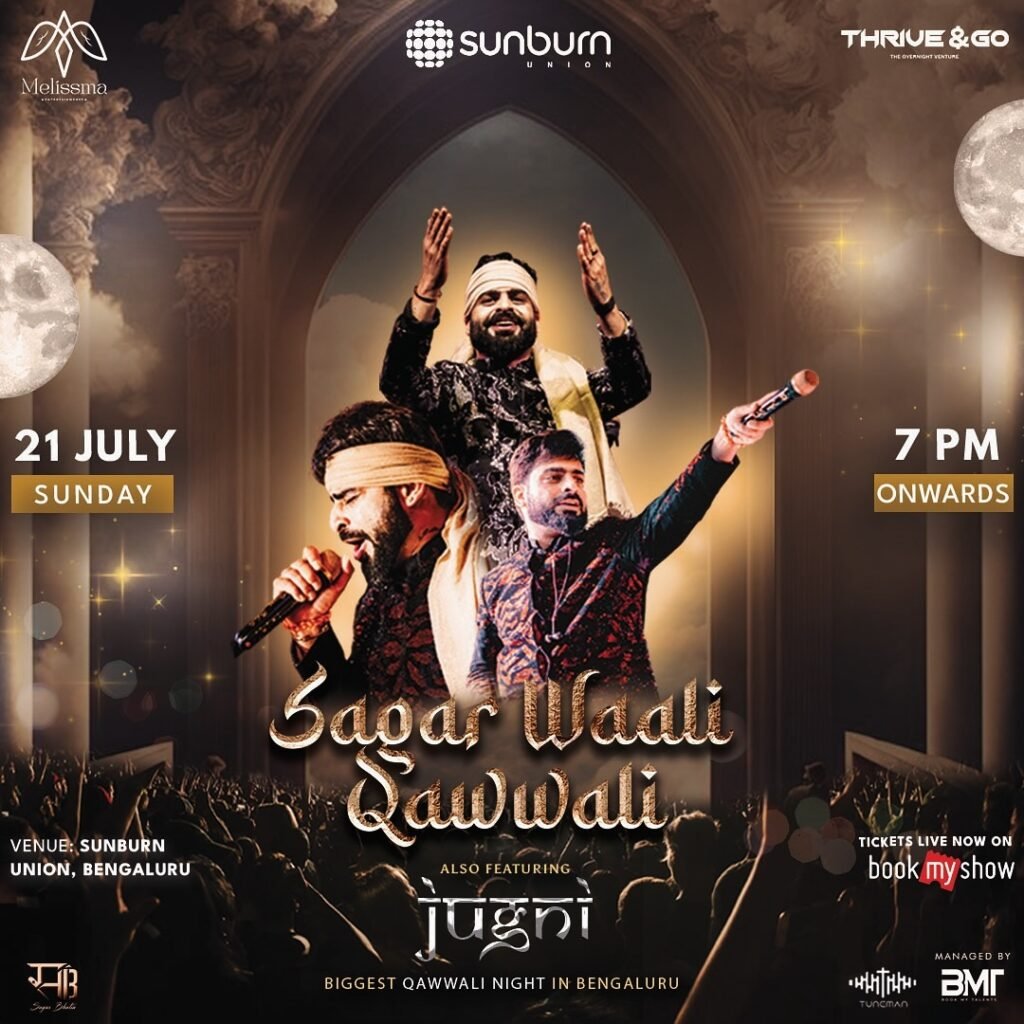
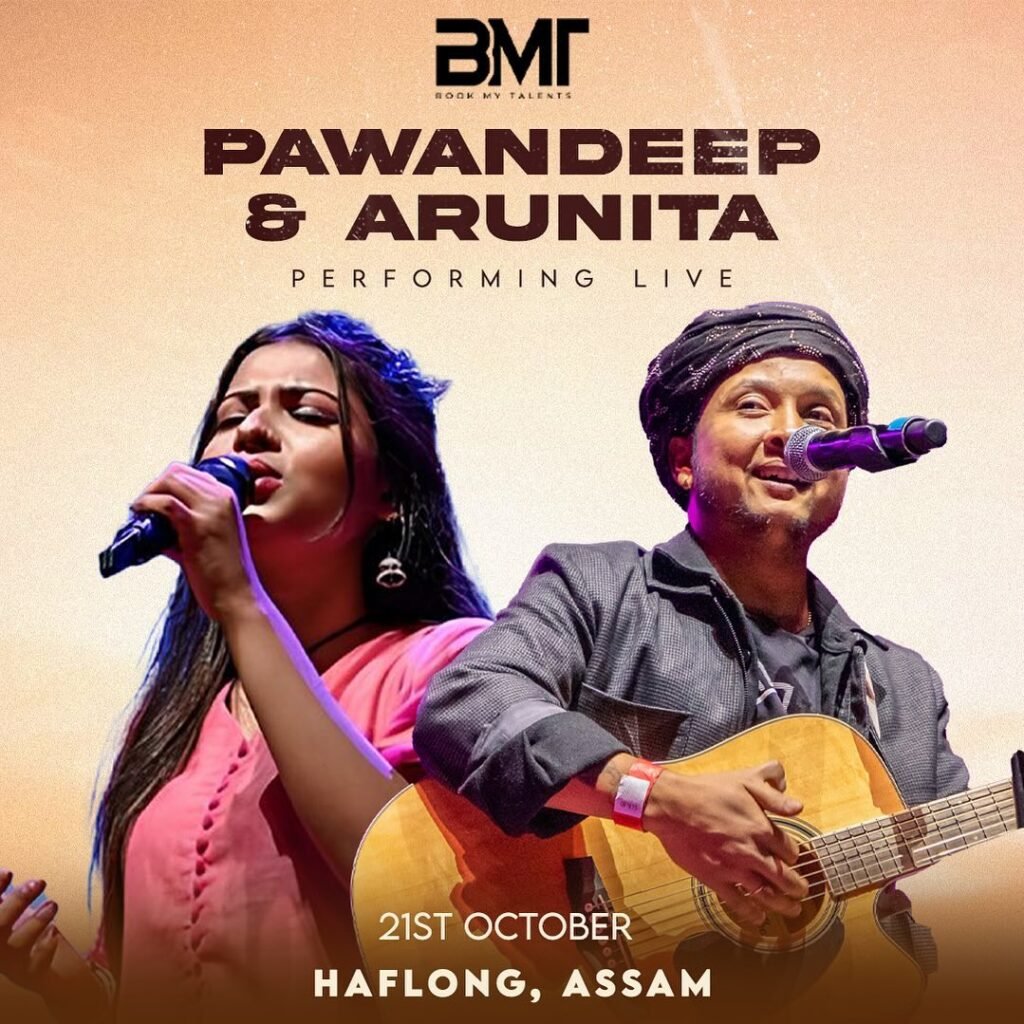

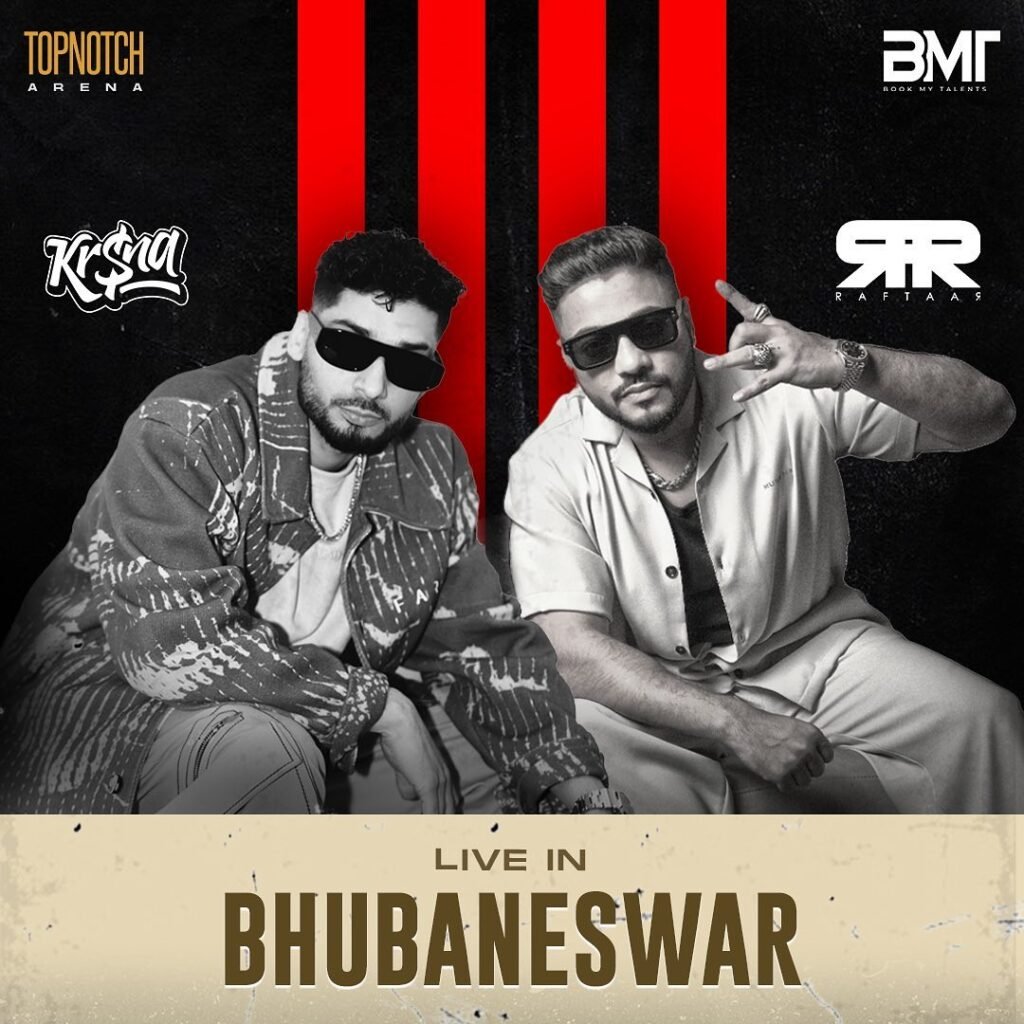
Leave a Reply